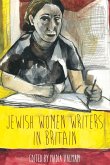
22,95 €
Sofort per Download lieferbar
eBook, ePUB
1. Dezember 2014
Wayne State University Press
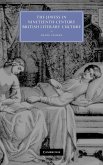
Gebundenes Buch
22. Juli 2010
Cambridge University Press
| Broschiertes Buch | 47,99 € | |
| eBook, PDF | 33,95 € |
Broschiertes Buch
1. März 2010
Cambridge University Press
eBook, PDF
12. April 2007
Cambridge University Press
Ähnliche Artikel
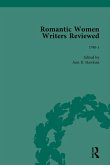
eBook, ePUB
2. April 2020
Taylor & Francis eBooks
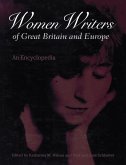
eBook, ePUB
16. Dezember 2013
Taylor & Francis eBooks

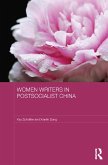

eBook, ePUB
29. September 2017
Taylor & Francis eBooks
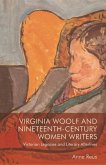
eBook, ePUB
31. Juli 2022
Edinburgh University Press
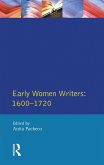
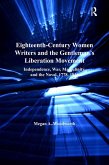
eBook, ePUB
29. April 2016
Taylor & Francis eBooks
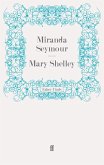
16,95 €
Sofort per Download lieferbar
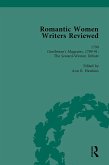
eBook, ePUB
28. April 2020
Taylor & Francis eBooks
Ähnlichkeitssuche: Fact®Finder von OMIKRON
